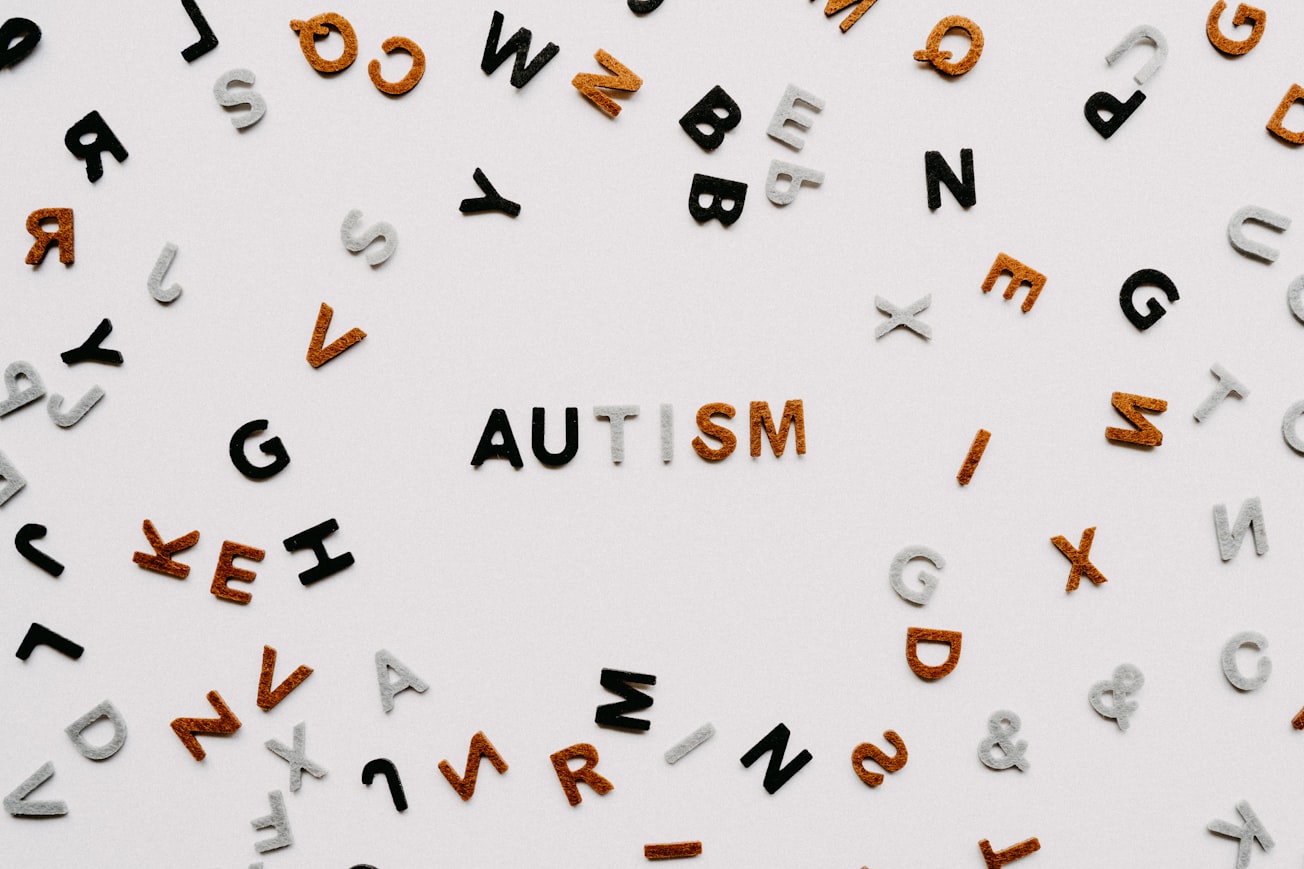What is it about?
Transcranial direct current stimulation (tDCS) represents the opportunity for delivering an intervention that is well tolerated and effective for the management of a variety of symptoms related to central nervous system dysfunctions. This non-invasive neuromodulation method has been shown to modify behavior by inducing changes in neuronal activity in the targeted brain areas, without any safety problems or serious adverse side- effects. This paper examines the therapeutic effect of tDCS combined with concurrent cognitive remediation training on reducing core symptoms in adolescents and young adults with autism.
Featured Image

Photo by Annie Spratt on Unsplash
Why is it important?
Our findings show that mutlisessions of concurrent tDCS and cognitive remediation training, delivered for 20 minutes a day, could improve social communication and reduce restricted, repetitive behaviors in adolescents and young adults with autism. This outcome appeared to be related to the enhanced brain connectivity induced by tDCS, which allows these individuals to process social information more efficiently.
Perspectives
We are excited about the findings from this study because it will open up new directions for designing intervention programs for individuals with ASD.
Yvonne Han
The Hong Kong Polytechnic University
Read the Original
This page is a summary of: Neurophysiological and behavioral effects of multisession prefrontal tDCS and concurrent cognitive remediation training in patients with autism spectrum disorder (ASD): A double-blind, randomized controlled fNIRS study, Brain Stimulation, March 2022, Elsevier,
DOI: 10.1016/j.brs.2022.02.004.
You can read the full text:
Resources
Contributors
The following have contributed to this page







